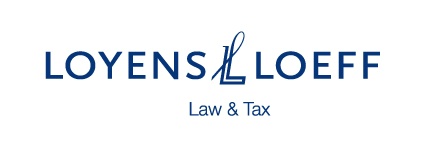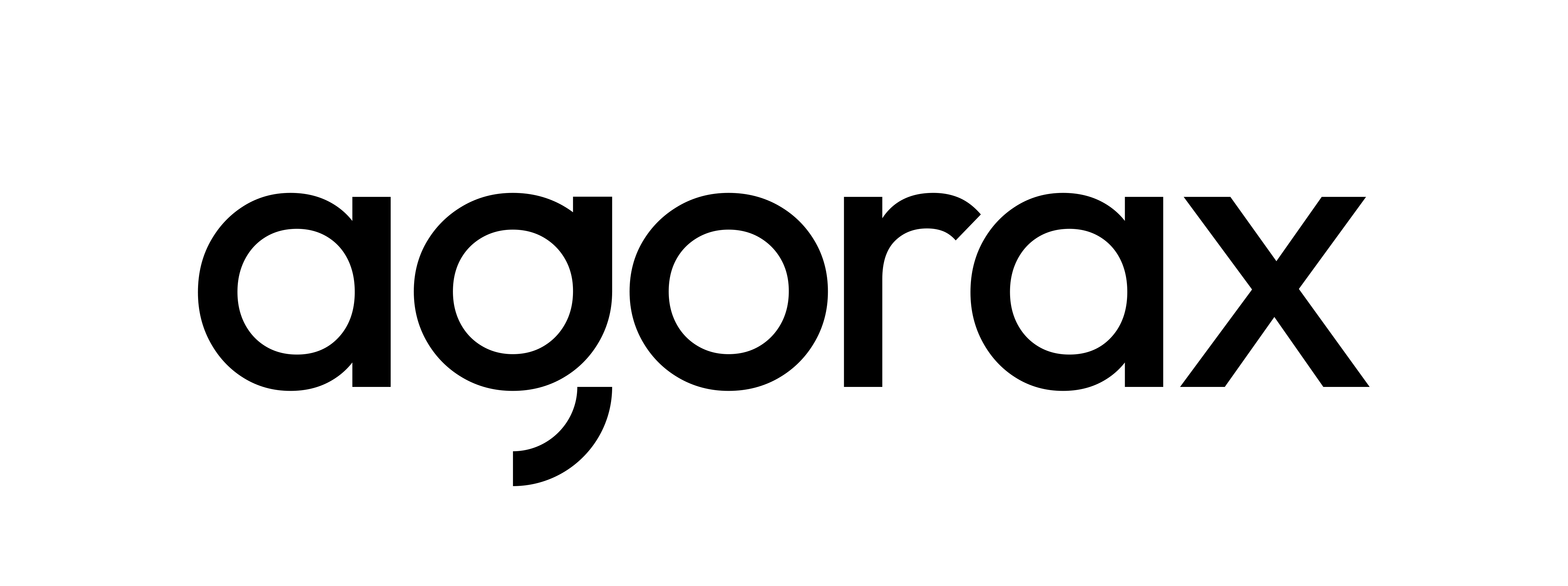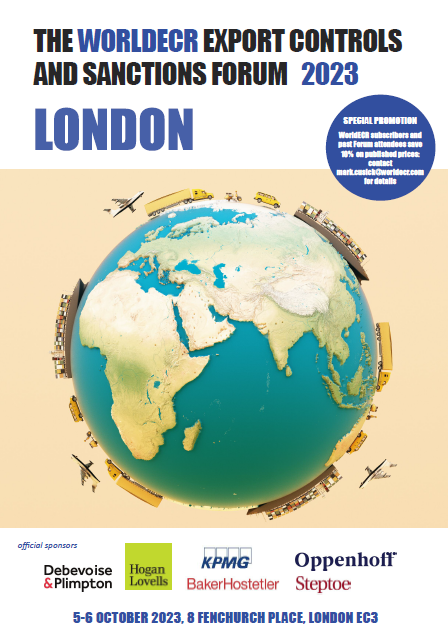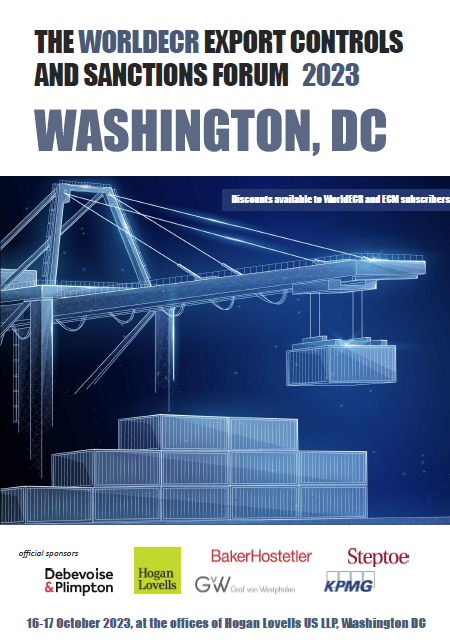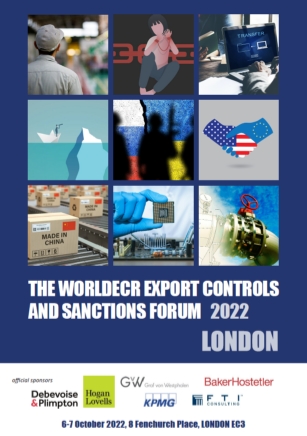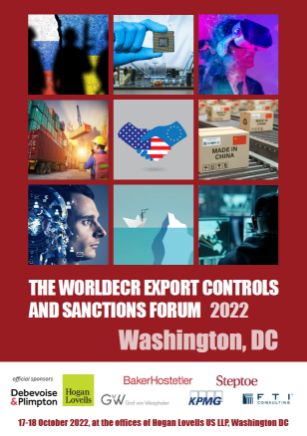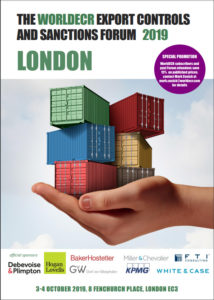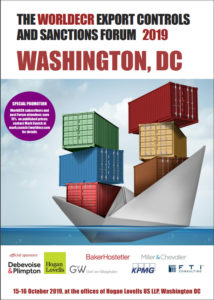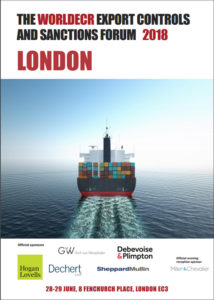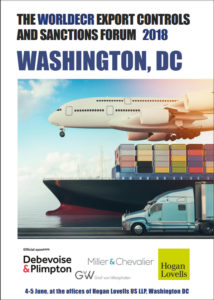The Sanctions Practitioners Forum 2025, Brussels
Join WorldECR and Dow Jones in Brussels for a one-day event to discuss key developments in sanctions at a critical juncture in geopolitics and world history.
With US foreign policy veering in a markedly different direction, and the United Kingdom and European Union facing new security challenges and potential outcomes, WorldECR brings together leading practitioners to discuss sanctions developments, points of interpretation and application, with topics on the agenda including: Sanctions circumvention and detection; extra-territorial application and the ‘best efforts’ provision; Member State enforcement, penalties and licensing; recent sanctions rulings of the ECJ; EU/UK/US sanctions: divergence in prospect? Iran; Georgia; ‘destabilising activities’ and more.
Key areas of discussion will include:
Taking stock of Russia/Ukraine: Three years and 16 (17?) sanctions packages on
In the three years since the attempted invasion of Ukraine by Russia, Brussels has imposed (to date) 16 packages of sanctions against Russia (and Belarus) in a concerted effort with allies to ‘weaken [Moscow’s] ability to wage its illegal, unprovoked war of aggression.’
We start the conference with a review of the most recent measures, including new anti- circumvention provisions and measures affecting the transport, energy, financial services and metals services. What might the 17th package have in store?
Penalty spot: Member State action required
Under a 24 April 2024 EU Directive – in an effort to harmonise sanctions enforcement – EU Member States were given a 20 May 2025 deadline to put into national law minimum rules on penalties, and to enshrine criminal penalties for breaches of EU sanctions. With that deadline passed by the conference date, we hear from Danish, Dutch, French, Italian and German sanctions experts on the progress made to date in their respective jurisdictions.
Terra Nova: Is the EU edging toward EU extra-territoriality?
Recent developments – such as the listing of entities from third countries, and the so-called ‘best efforts provision’ – suggest that the EU may be heading toward the application of extra-territorial jurisdiction in sanctions matters. This is new ground, with significant repercussions for EU parent companies’ relations with subsidiaries.
Judgment call
In numerous rulings, the European Court of Justice has clarified the scope of sanctions by issuing judgments on applications for delisting, the provision of legal services to sanctioned parties, meaning of ‘brokering’, circumvention and more. We’ll be looking at these judgments and at cases in the pipeline and consider the impact for business today and tomorrow.
Friends and allies? The View from London and Washington
The inauguration of Donald Trump has spelt a huge change in Washington’s approach to Russia, and a complete shift of emphasis from Russia toward new targets, including ‘cartels’, and Iran. The Trump Administration has also signalled a relaxation of enforcement of the Russia sanctions.
Where does this leave post-Brexit Britain? How is its ‘stand-alone’ sanctions policy faring? Under Biden, the US, UK, EU response to foreign policy and sanctions was for the most part tightly coordinated, with agencies including OFSI and OFAC and the EU Council synchronising sanctions designations and announcements.
What do recent developments – and the potential for disagreement and divergence between some or all of the that alliance – spell for foreign policy and compliance?
Tour de horizon
While the era of iterative Russia sanctions has become ‘the new normal’, the past year has also seen possible indications of what the future might hold. Sanctions against Georgian officials, a new framework for sanctions against those responsible for ‘hybrid threats’ and destabilising activities, the introduction of an Anti-Coercion Instrument – all indicative of the dynamism of the regulatory landscape.
to be followed by
Evening drinks and networking reception
Confirmed speakers and panelists include:
Bert Gevers: Bert Gevers is a Partner in the Brussels office of Loyens & Loeff. He heads the Loyens &Loeff Indirect Tax Practice Group in Belgium and is a core member of the Corporate Investigations Team.
Bernard Claessens is an Associate in the London office of Loyens & Loeff where he advises on export controls, sanctions, VAT, customs, excise duties and other trade-related restrictions.
Dr Katja Göcke, LL.M. (Sydney) is a Managing Director in the Hamburg office of Cattwyk where she advises on all aspects of export control (including embargoes and sanctions).
Marian Niestedt is a Managing Director in the Hamburg office of Cattwyk. He has been advising clients on all aspects of trade compliance and economic security for over 20 years.
Stéphanie Broekaart is a Partner at Agorax in Amsterdam where she specialises in export controls, sanctions and trade law. Her career includes key roles in notable financial and corporate institutions.
Yvo Amar is a Partner at Agorax in Amsterdam. Yvo advises and represents clients on all aspects of sanctions and export control, as well as related administrative, criminal and private law.
Brian Egan is a Partner in the Washington, DC office of Skadden. He advises clients on a broad range of legal and regulatory issues impacting U.S. national security and foreign policy, including sanctions and export controls.
Jonathan Benson is Counsel in the London office of Skadden. He has extensive experience advising on complex sanctions, national security, business compliance and trade-related matters.
Camilla C. Collet is a Partner at Gorrissen Federspiel in Copenhagen. As head of the firm’s Compliance & CSR cross-practice group, Camilla advises on anti-corruption, export control, sanctions and business ethics.
Raphaël Barazza represents domestic and international clients in a wide range of trade-related legal matters. Before establishing his own highly specialised law firm, engaged in all aspects of trade, he built up more than eight years’ experience in international law firms.
Nassim Abboud is a Senior Manager in the International Trade & Customs department of KPMG. She is based in the firm’s Milan office.
Tom Blass is the Editor of WorldECR and an internationally recognised commentator on sanctions and export controls matters.
The Sanctions Practitioners Forum is presented in association with:
Delegate fee:
Law firms/consultants: €595
Compliance professionals in industry: €395
(All prices + VAT where appropriate)
For registration, pricing and programme details contact:
Mark.cusick@worldecr.com
Pay by card
To pay by invoice, email mark.cusick@worldecr.com
Terms and conditions
Please note, by registering for this event you accept the terms and conditions below.
Registration Fee
Your fee includes attendance at conference; programme materials; and stated refreshments and access to networking receptions.
Registration policy
Delegates may not ‘share’ a registration without the organiser’s authorisation.
Payment policy
Payment must be received in full by the conference date.
Cancellations and Refunds
You must notify the conference organiser 48 hours before the conference if you wish to change the delegate.
If you wish to cancel your registration, you can do so incurring the following charges:
Cancellation between 27 and 6 days before the event – full refund less 50% admin fee.
Cancellation between 5 days before and the day of the event – no refund.
Change of venue
The organisers reserve the right to change the venue should attendance numbers so demand.
Change of speaker and presentation
The organisers reserve the right to change speakers and/or presentations.


